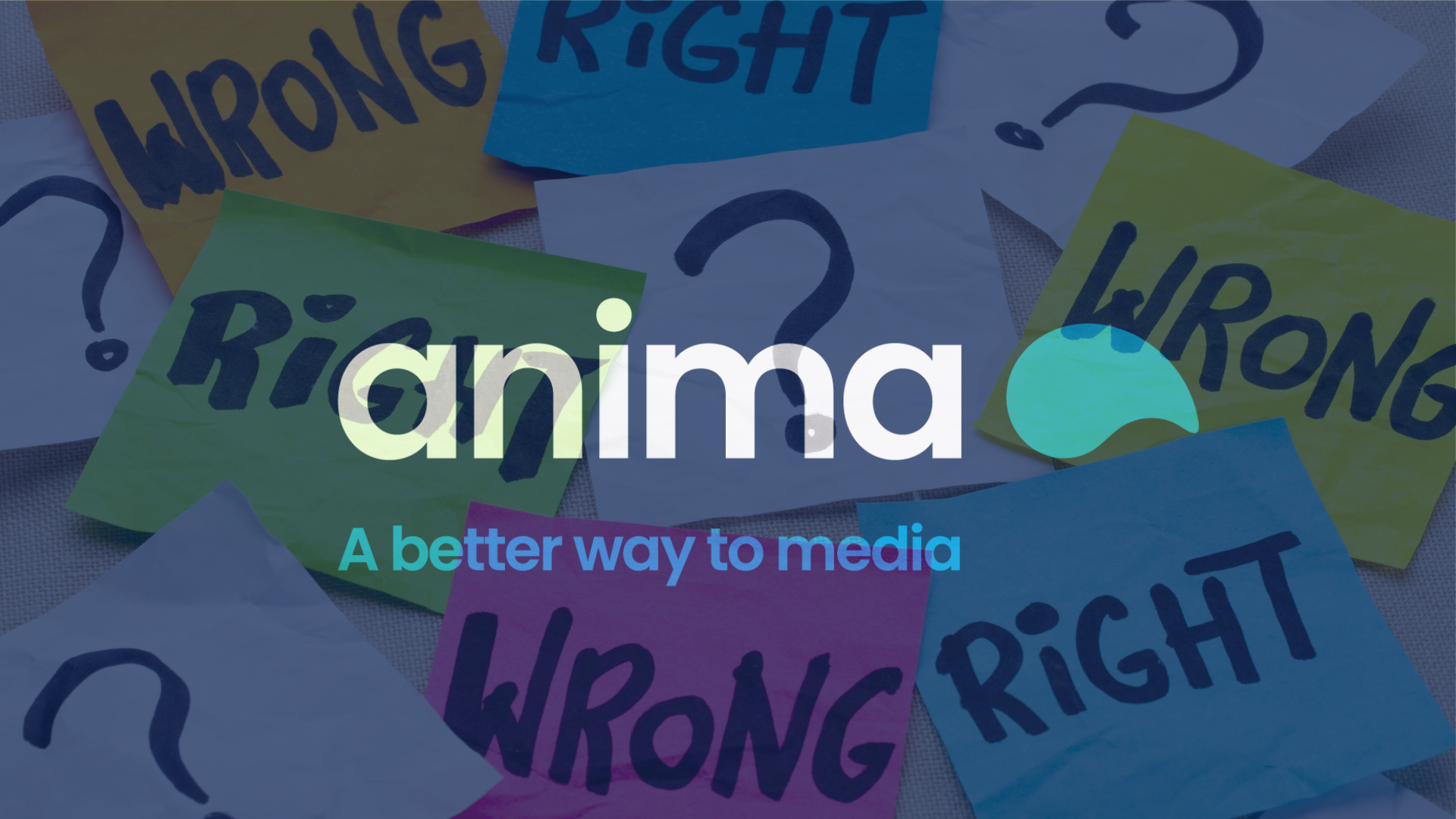

April, 2024
As we all know, advertising is a powerful tool for promoting products and services in society. However, given its high impact and broad reach, important questions about ethics in this industry have been raised.
Advertising ethics is nothing more than the set of moral rules that guide advertising practices, ensuring that they are fair, truthful, and respectful to both consumers and society at large.
Ethical Standards in Advertising
There is a set of basic ethical standards in advertising that should be respected by all advertisements, advertisers, and brands when promoting their products or services.
Accuracy and Precision: the foundation of advertising ethics should always be truthfulness. Advertisers must present accurate and honest information about their products and services and avoid making false or misleading claims, as such claims can erode consumer trust, negatively impacting the brand in the medium and long term, as well as undermining the integrity of the advertising sector as a whole.
Respect for the Audience: advertising should always treat consumers with respect and dignity. It should not exploit the weaknesses or insecurities of the audience to influence their purchasing decisions, thus gaining market share.
Responsible Representation: negative or discriminatory stereotypes should be avoided in advertising. It is essential to represent people fairly and equitably, avoiding contributing to prejudices and distinctions.
Privacy and Data Protection: the collection and use of personal data in advertising should be done transparently and in compliance with the data protection laws and regulations of each advertising country. It should always be kept in mind, especially when launching international campaigns, that these laws may change depending on the locations.
Social Responsibility: companies should consider the social and environmental impact of their products and services. Therefore, advertising should not endorse practices that cause unjustified harm to people or the environment.
Advertising Targeted at Children: children are a particularly sensitive and vulnerable sector to advertising. Therefore, advertisements targeted at them should be particularly careful in terms of honesty and respect, not exploiting their lack of understanding or manipulating their decisions in any way.
Emotional Manipulation: like advertising targeted at children, general advertising or advertising aimed at adults should not unfairly manipulate consumers' emotions to influence their purchasing decisions. Emotional advertising can lead to impulsive decisions rather than rational ones, so the line of emotional advertising must be carefully drawn.
Transparency: when brands use public figures or celebrities for their campaigns, especially in the online sphere and particularly in influencer marketing, the relationships between advertisers and content creators must be fully transparent. Consumers should know when they are being exposed to advertising content, with explicit references to sponsored content and the brand paying for its distribution.
Controversial Practices in Advertising
Some examples of controversial advertising practices in recent years include:
Camel: in the 1950s, this famous tobacco brand promoted its products as "good for the throat," thus minimizing the health risks associated with this type of product. This is completely unbelievable today and blatantly undermines the truthfulness of the information and the product exposed, as well as the brand's social responsibility to society.
Qiaobi: in 2017, a detergent advertisement in China showed a local woman putting a black man into a washing machine and "turning" him into a white man, perpetuating both racist and gender stereotypes.
Kellogg's: this well-known company was heavily criticized in 2014 for misleadingly promoting sugary cereals, manipulating both children's and their parents' understanding of the product and influencing their purchasing decisions. How? As simple as using cartoon characters for their campaigns.
Burger King: in 2011, Burger King launched an ad featuring people crying at a hamburger's funeral, exploiting emotions to sell their products through what is known as "emotional manipulation."
Cambridge Analytica: the Cambridge Analytica scandal in 2018 revealed how Facebook allowed the leakage of user data to influence political campaigns, raising concerns about consumer privacy protection and online security.

In conclusion:
Ethics in advertising is essential for building a relationship of trust between brands and consumers, as well as for promoting a fair and equitable society. Currently, even though ethical standards are established, examples of controversial practices in both small and large companies highlight the importance of continuous monitoring and effective regulations to ensure that advertising is responsible and respectful.